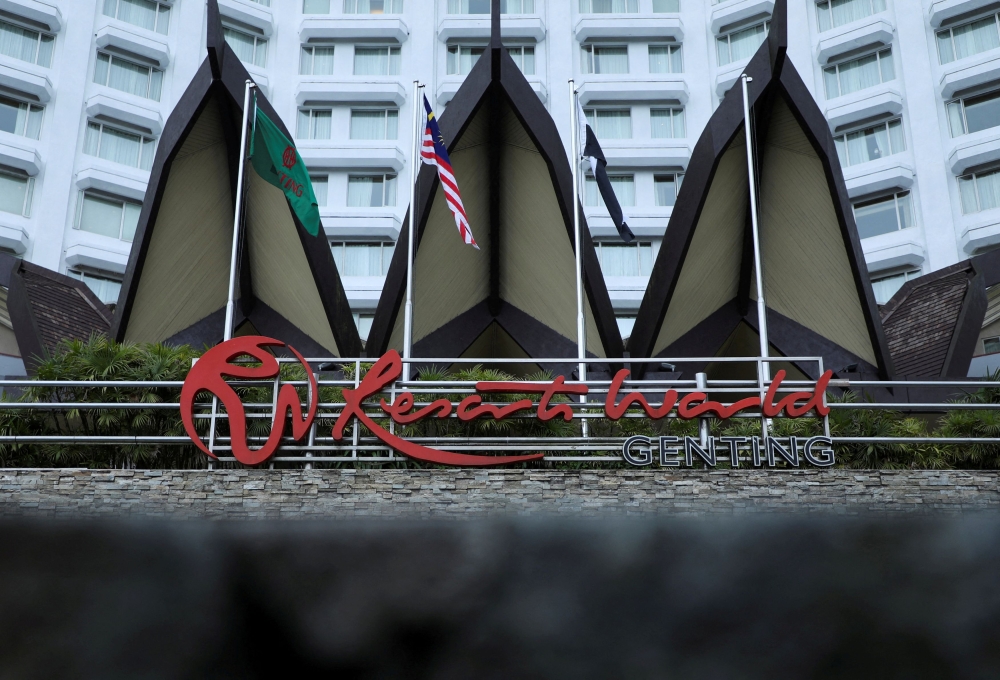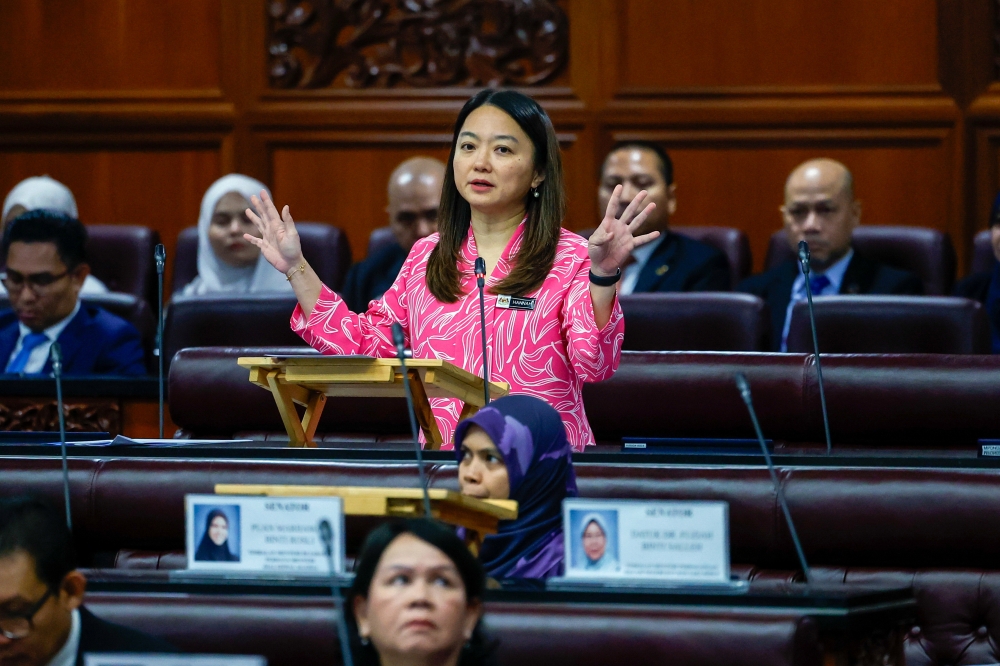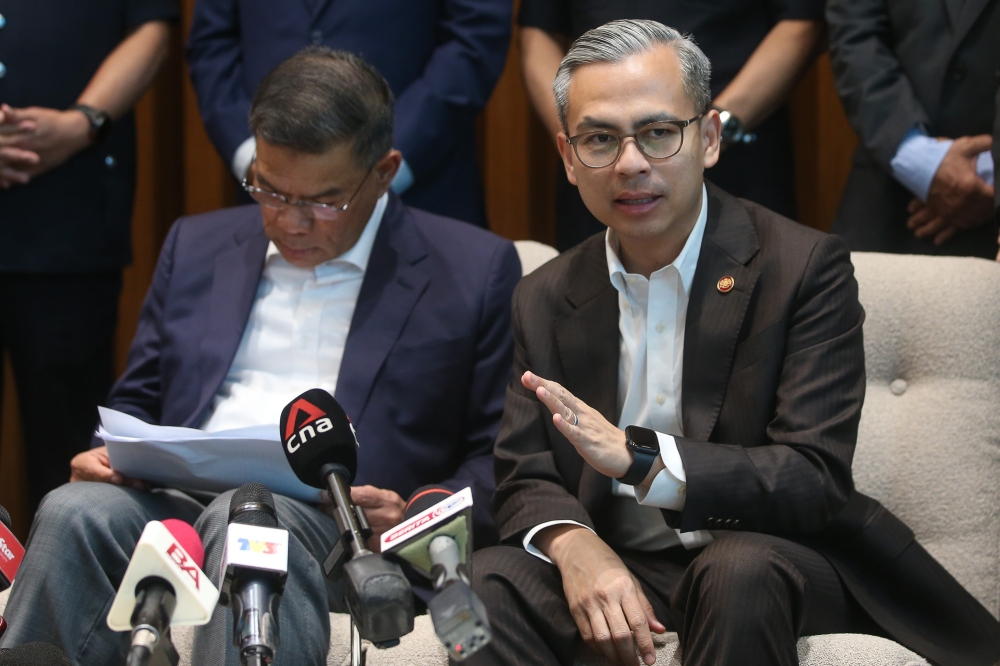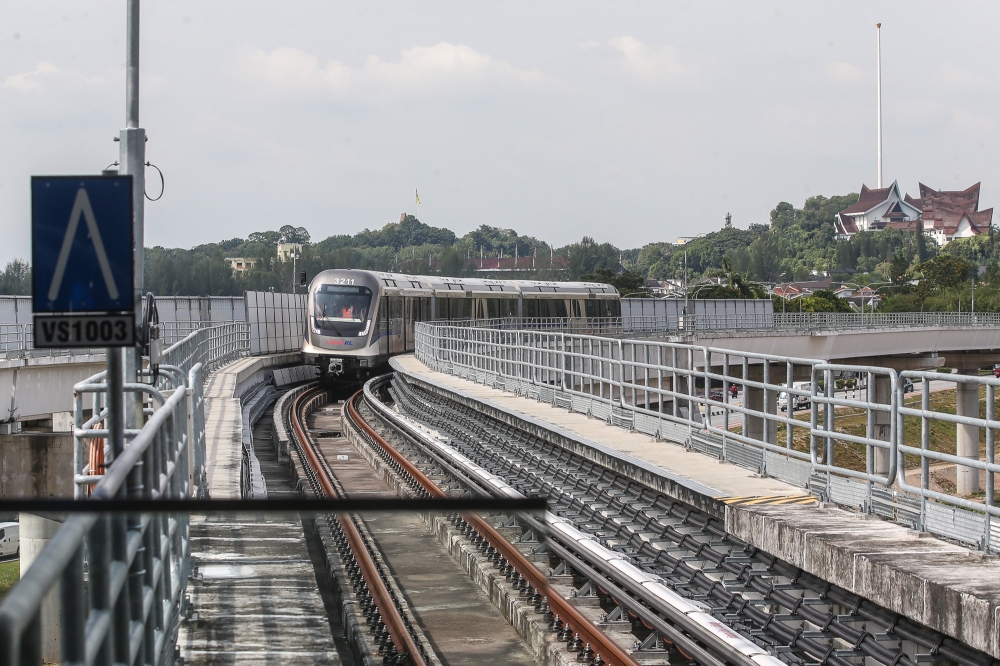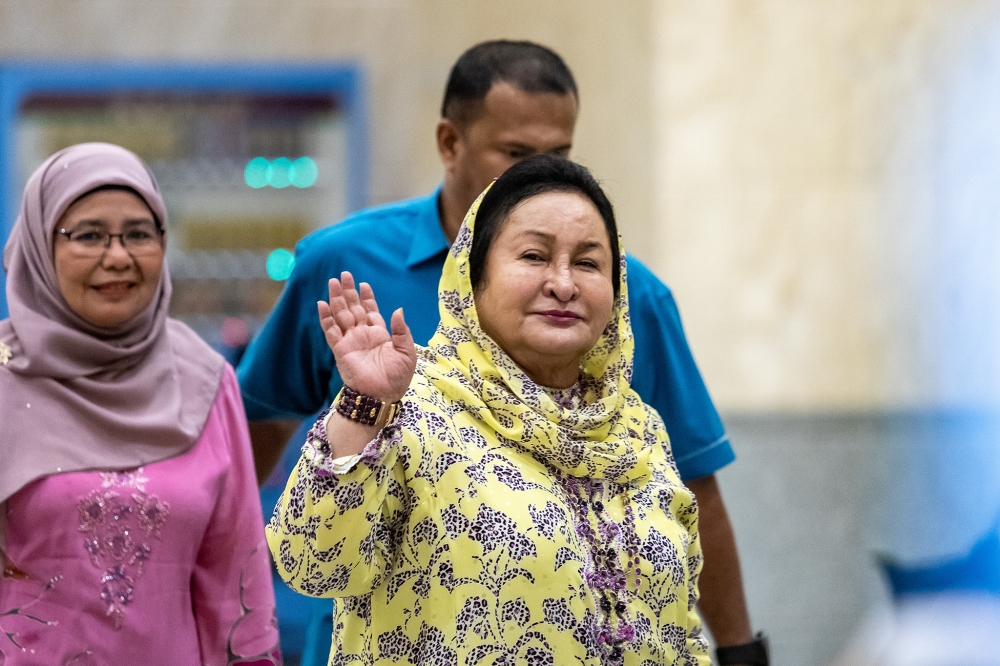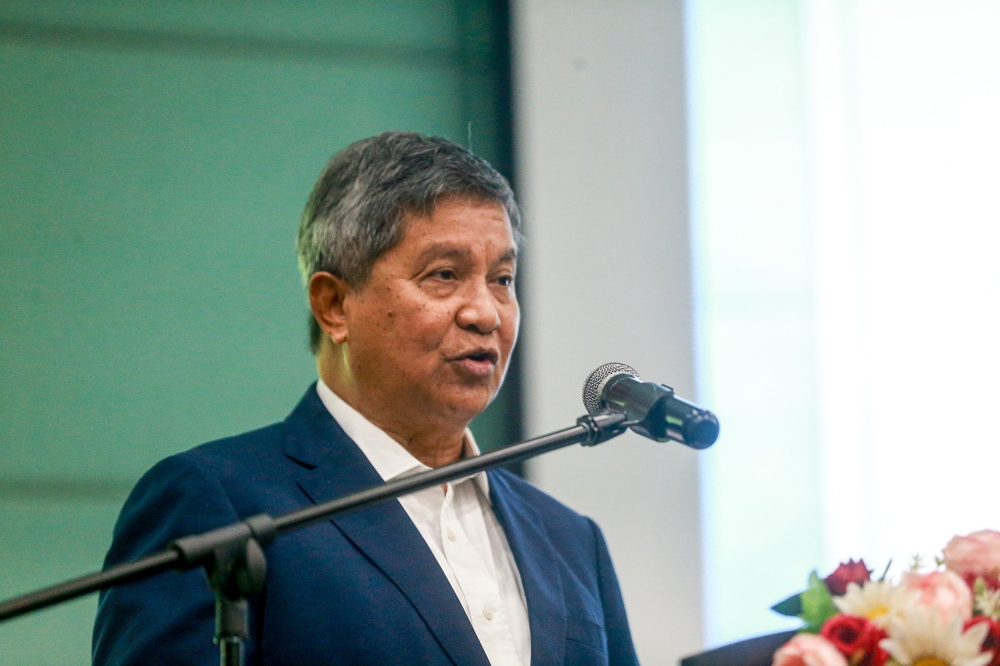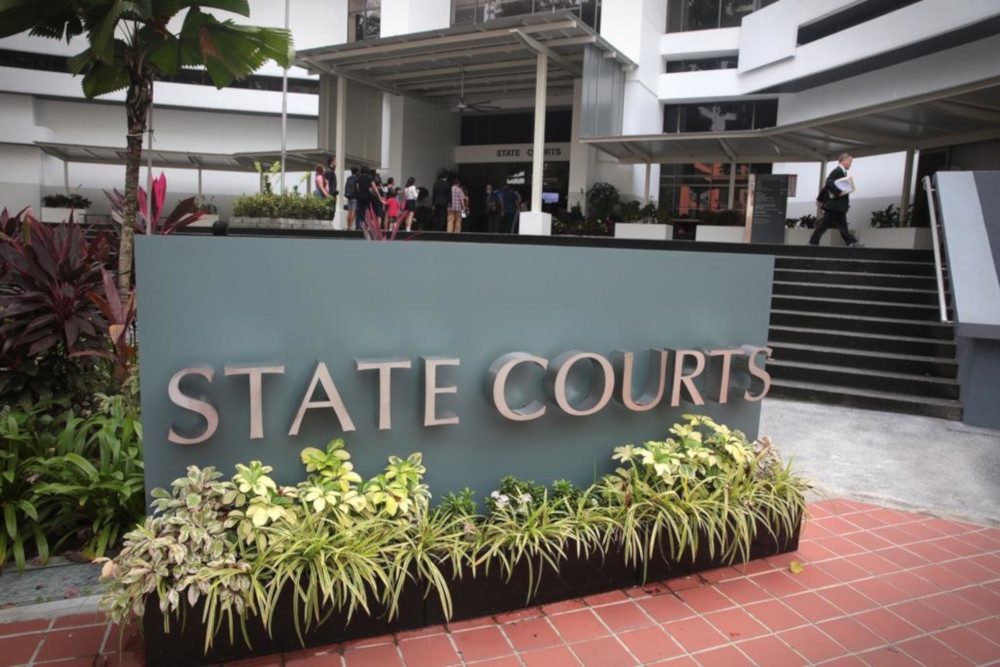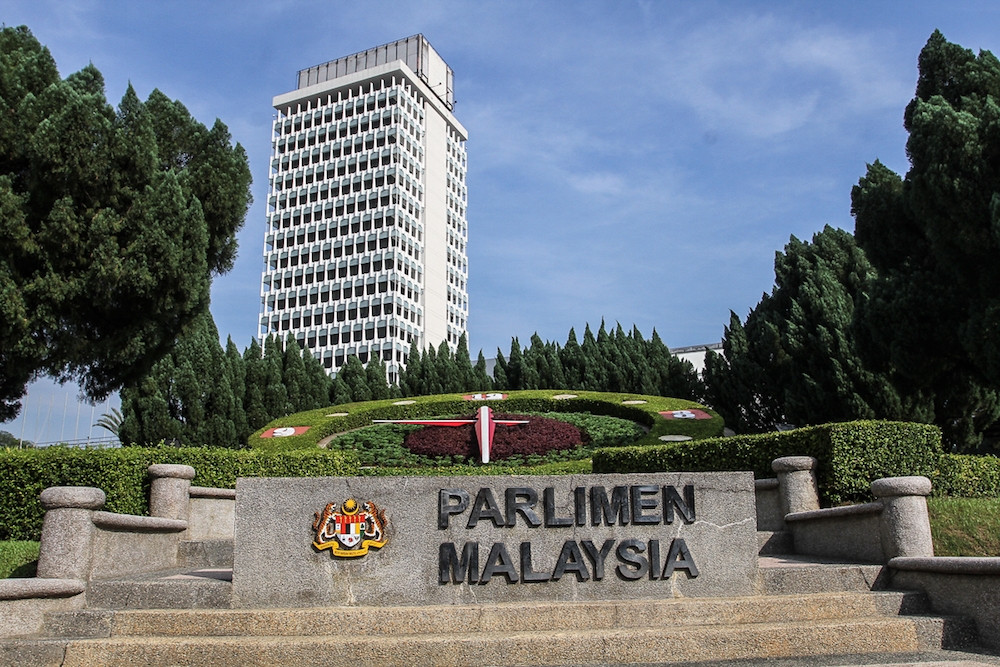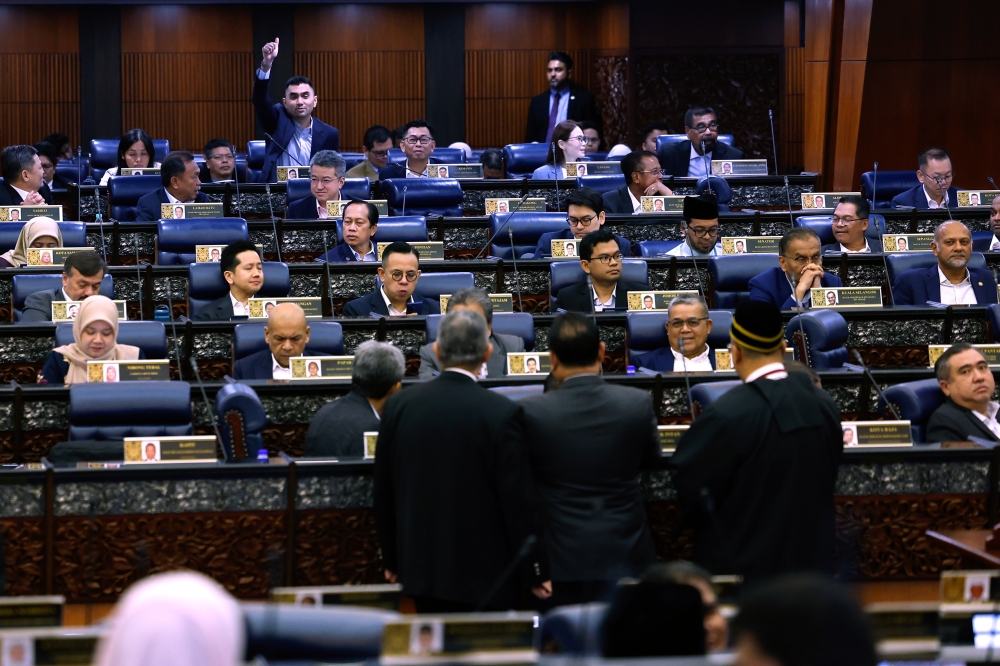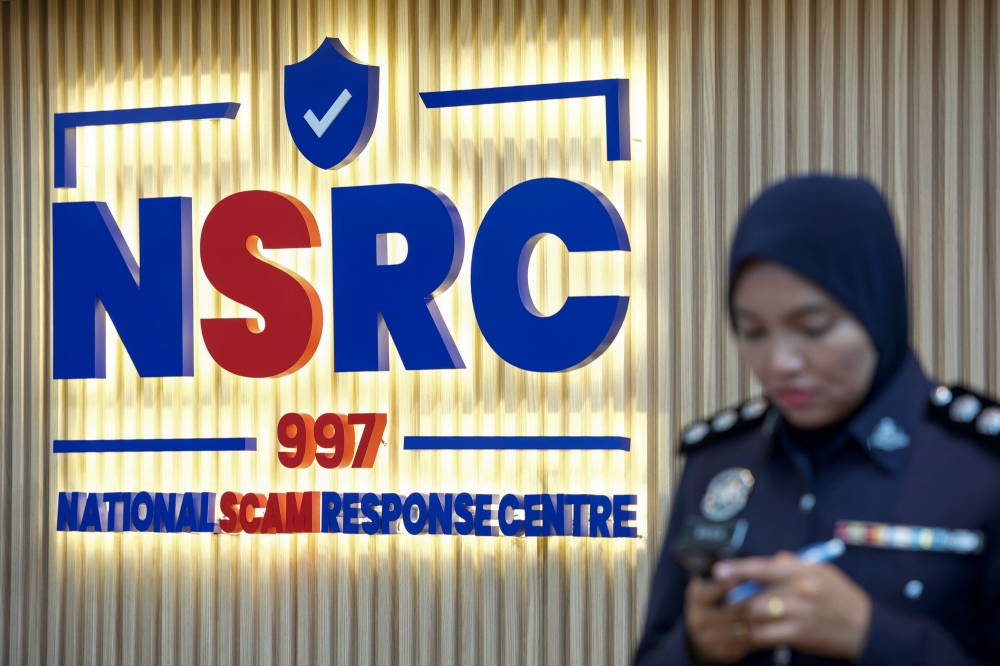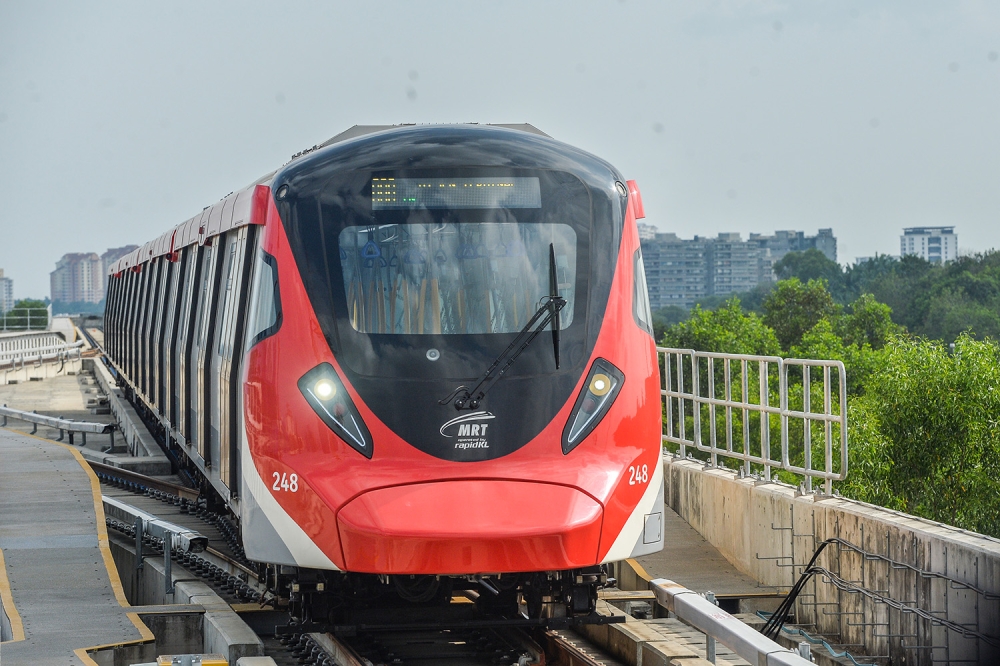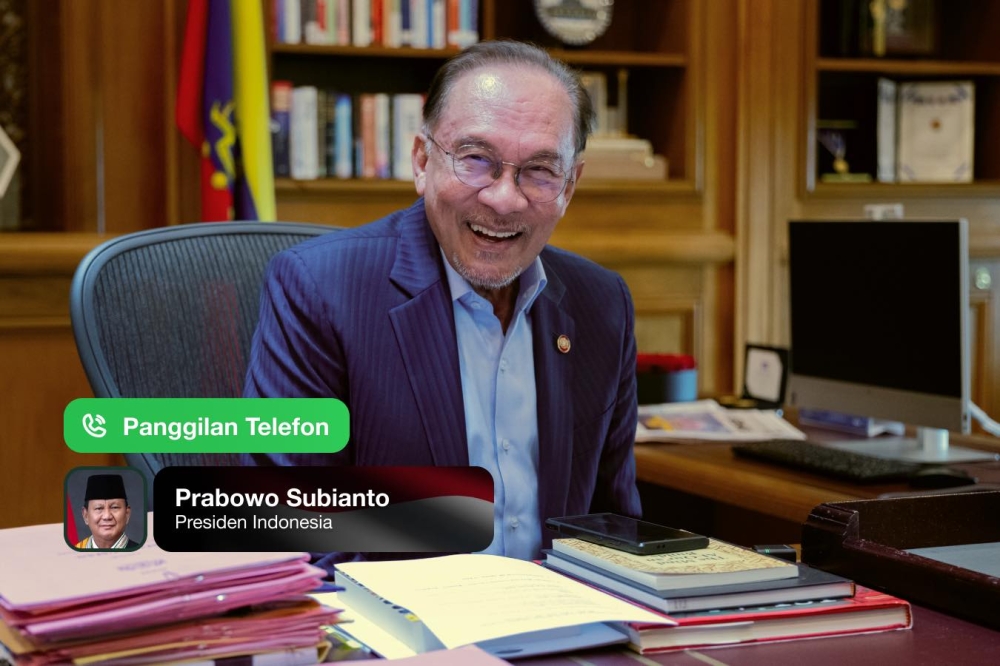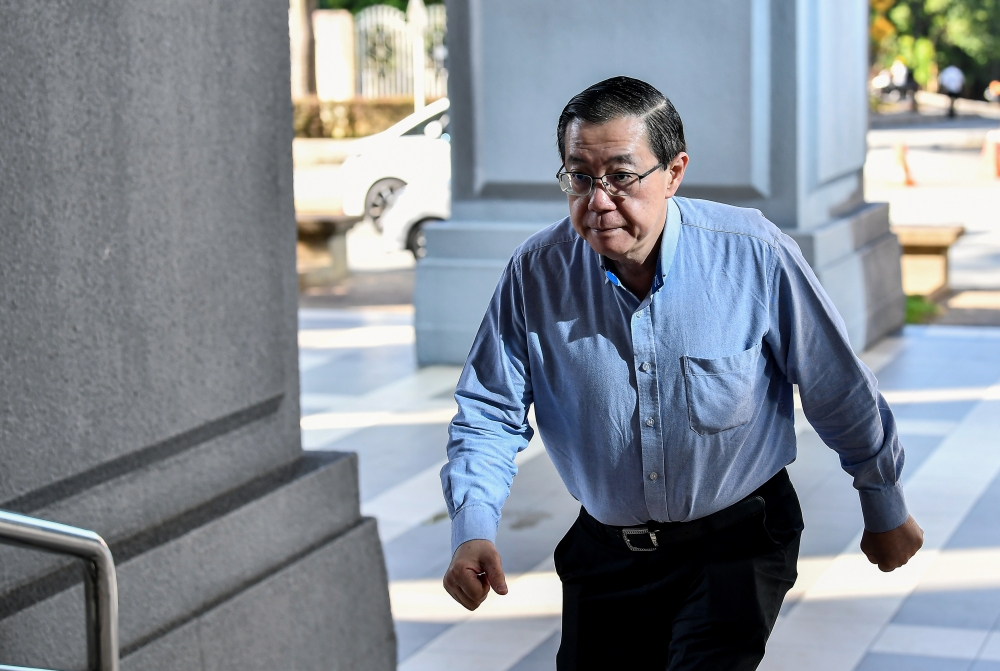KUALA LUMPUR, July 29 — The Malaysian government has been successful in placing more women in decision-making positions, proving its seriousness in pushing for equal representation at all levels of government, said social and community think tank Iman Research.
In its study on civil societies’ role in Malaysian government reforms, Iman Research said that there has been improvement in terms of gender equality and inclusivity since the Pakatan Harapan (PH) government took over.
“Apart from the appointment of Parti Keadilan Rakyat (PKR) President Datuk Seri Dr Wan Azizah Wan Ismail as Malaysia’s first female deputy prime minister, there has been a marked improvement in gender and youth representation at ministerial level,” it said in a report.
Iman Research also highlighted the appointment of more racially diverse public office bearers such as the former Chief Justice Tan Sri Richard Malanjum and the Attorney General (AG) Tommy Thomas, which has been widely lauded, while a proposal is also underway to reform the legal system by separating the AG’s Chambers from the public prosecution office.
“Apart from that, there have been efforts to increase engagement between government and civil society, which allows inclusive participation in the nation building process such as the Committee for Institutional Reforms that was set up immediately after PH came into power to hear complaints about public institutions.”
The report said reforms in terms of freedom of expression and access to information have been carried out with far greater respect for critical journalism, less-biased broadcast media and reduced political censorship.
“In its first nine months, the PH coalition has founded its administration on the principles of good governance and democracy that prioritises social justice,” it said.
However, Iman Research pointed out that the flurry of initial reforms, announcements, prosecutions and policy changes following the general election have now died down, and the new government is faced with more difficult decisions.
“For instance, it has yet to address larger reforms such as access to quality education, reform of government-linked companies (GLCs), civil service reforms, and reviews of oppressive laws.
“Other issues concerning human rights — such as the abolition of the death penalty, child marriage, and statelessness — also remain unaddressed,” it said, adding that active participation from all levels of society was needed to push for holistic reforms that will affect more Malaysians.
However, its research with civil society organisations found that most groups are still biased against controversial groups like those on women’s and lesbian, gay, bisexual and transgender (LGBT) rights.
“About 37 per cent of the total relationships among Malaysian government reform organisations are highly collaborative, much of the collaboration is occurring among or with organizations part of the ‘core’ of this network.
“But while there is always a desire to work together, most of the work conducted are issue based and tend to attract allies with similar interests. More controversial ones, particularly on women's and LGBT rights perhaps attract the least number of alliances,” it said.
Their research showed that 88 per cent of CSOs said participants agreed that other civil society actors would be willing to partner with them should the need arise, as partnerships with well-known organisations are used as a strategic tool to put the lesser-known actor in the spotlight.
The remaining 12 per cent of participants were mainly made up of groups working on LGBT rights and advocacy including Justice for Sisters (JFS), Seksualiti Merdeka (SM) and PT Foundation (PTF).
These groups said that collaboration with other civil society actors would be unlikely due to their organisational aims and nature of work.
Participants who highlighted religious issues as a barrier to collaboration are either predominantly religious or organizations that deal with LGBT issues.
“Religious organisations such as the Malaysian Consultative Council of Buddhism, Christianity, Hinduism, Sikhism and Taoism (MCCBCHST) and Pusat dan Latihan Dakwah Orang Asli (PULDOA), acknowledge that it is vital for them to accommodate all groups, regardless of religious belief. At the same time, they recognise that it would be tricky for them to collaborate with actors who hold incompatible worldviews with their organization.
“Some believe that by associating with these groups, it would negatively impact their public image and possibly garner backlash from society, thus avoiding collaboration altogether,” it said.
The research, which began late last year to early this year, studied some 125 groups and individuals comprising 64 civil society organizations, seven government organizations, four individual actors, four international organizations, four research/academic institutions, three non-governmental organizations, one activist group, and one donor organization.
Participants were further asked to name where their organisation was headquartered. Thirty organisations named Kuala Lumpur, seven named Sarawak, two named Johor, 24 named Selangor, 10 named Sabah, four from Penang, two from Kelantan, one from Perak, and nine organizations were located in more than one state. Participants stated that the number of staff members ranged from zero (sometimes meaning volunteer-operated) to 100, with an average of 16.56 staff members per organisation.

